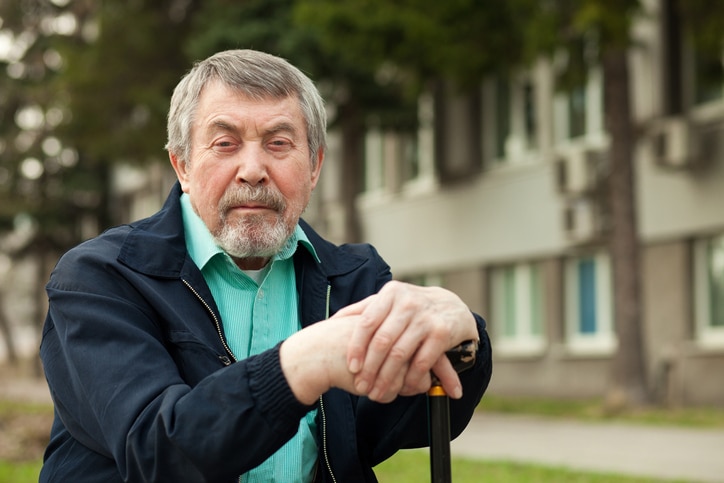
Effective progress has been made in treating Parkinson’s disease, especially with the development of new drugs, along with a better understanding of how to use older treatment methodologies.
Most Parkinson’s patients can find relief from medications, but it’s important to start them early. This early treatment can impact how the disease will unfold over time. It’s important to work with the team at Texas Neurosurgery as soon as you notice any symptoms, as we can then guide you through what your treatment will encompass.
In this blog, let’s go through some of the most popular current drugs used for treating Parkinson’s.
Levodopa (L-dopa) is the most commonly prescribed Parkinson’s drug. It is the most effective at controlling the symptoms of the condition, particularly slow, stiff movement and rigid body parts. Levodopa works when brain cells change into dopamine, the chemical your brain uses to initiate movement. People with Parkinson’s don’t have as much dopamine.
Sinemet is a mix of levodopa and another drug called carbidopa. Carbidopa makes levodopa work better.
Drugs that act like dopamine include ropinirole, pramipexole, and rotigotine. These drugs have less side effect risk compared to levodopa therapy.
Amantadine is effective in patients with mild Parkinson’s disease.
Trihexyphenidyl and benztropine restore the balance between two brain chemicals, dopamine and actylcholine. They ease the tremors and muscle stiffness. But they can cause memory and cognition problems in older people.
Selegiline and rasagiline are drugs that block the chemicals in the brain that break down dopamine. That leaves the brain with more dopamine to use for muscle control. Both of these drugs are showing possible signs in testing of slowing the progression of Parkinson’s disease, especially when started early on.
Tolcapone and entacapone block a chemical in the body called COMT. When a patient is able to take levodopa, COMT makes part of the drug useless. These two drugs block the COMT, allowing levodopa to have more effectiveness.
All of these drugs have side effects. Your Texas Neurosurgery doctor will discuss these with you in detail as we consider the best approach to treatment. While these drugs can be very effective, there still is no way to stop the progression of Parkinson’s disease. That is the goal with continuing research.
If you have any symptoms of Parkinson’s disease or any other neurological questions, please call us at Texas Neurosurgery, (214) 823-2052.

